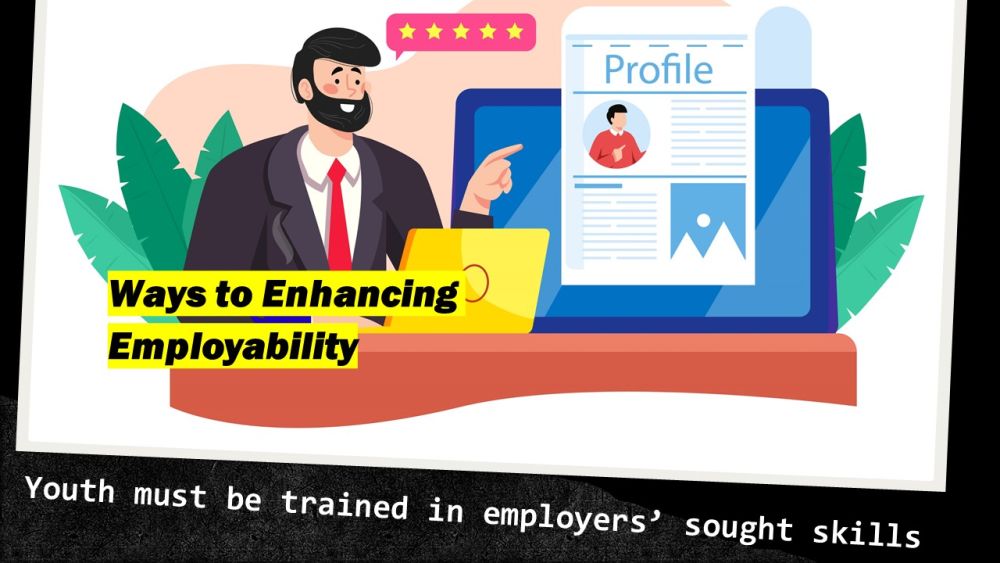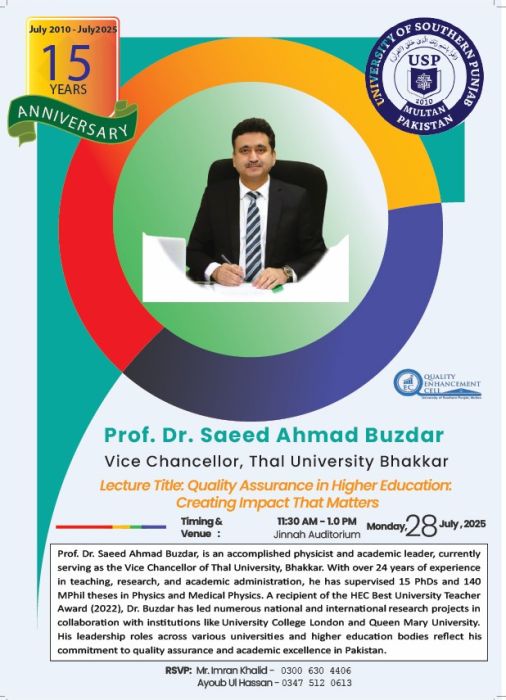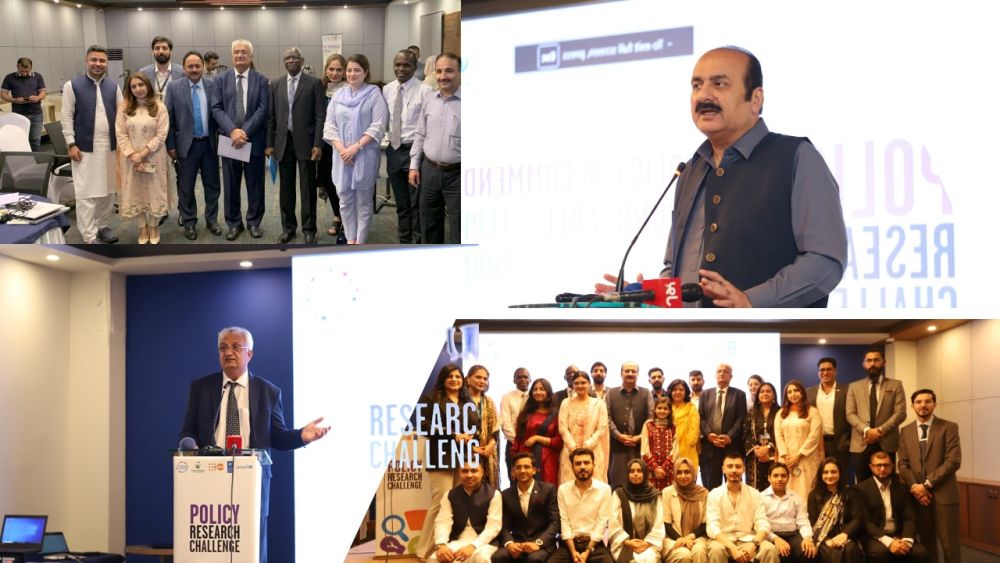Bridging the Gap Between Skills and Employment Demands
Posted 1 year ago
HunarNama Editorial by: Prof. Dr. Muhammad Mukhtar
The quest for skills and qualifications has never been more pronounced in today's rapidly evolving job market. However, a critical disconnect persists in the need for more alignment between job seekers' skills and those employers actively seek. This dissonance underscores a pressing need for a holistic approach to workforce development that focuses on enhancing individual capabilities and shaping broader policies that influence employer demand and actions.
The presumption that increased investments in skills and qualifications automatically translate into better employment prospects is a fallacy we must address head-on. The reality often reveals a more complex landscape where job markets shift, technological advancements alter job requirements, and economic dynamics reshape industry needs. As such, institutions like the National Skills University Islamabad Advisory Council become pivotal.
Established by the University Senate, the Advisory Council of the National Skills University Islamabad is a unique entity that brings together a diverse coalition of stakeholders: employers, economists, recruiters, and job influencers. It serves as a crucial bridge, harmonizing the perspectives of those shaping economic landscapes with the academic and policy domains. Its mandate extends beyond advocating for skills acquisition; it champions a nuanced understanding of how skills development must align with industry demands, making it a key player in the workforce development landscape.
Central to the Council's mission is recognizing that closing skills gaps requires a dual approach: enhancing the supply of skilled workers and shaping the demand for these skills among employers. On the supply side, educational institutions play a vital role in equipping individuals with relevant competencies and adapting curricula to meet evolving industry standards. Yet, this effort must be complemented by proactive measures to influence employer behavior and foster a climate where skill diversity and adaptability are valued.
Policy interventions are crucial in this regard. Initiatives that incentivize businesses to invest in training and development, promote inclusive hiring practices, and foster partnerships between academia and industry are indispensable. Moreover, efforts to anticipate future skill needs through data-driven insights and foresight mechanisms are essential to preempting mismatches before they arise.
The Advisory Council's collaborative approach implemented by the National Skills University Islamabad exemplifies a model for addressing these challenges. Facilitating dialogue between academia, industry leaders, and policymakers cultivates a shared understanding of the evolving nature of work and the skills needed to thrive in tomorrow's economy. This proactive stance not only enhances the employability of graduates but also empowers businesses to harness talent more effectively, driving sustainable growth and innovation.
While investments in skills and qualifications are crucial, they must be accompanied by broader policy changes that shape employer behaviors and stimulate demand for diverse skill sets. The National Skills University Islamabad Advisory Council is an exemplary model in this endeavor, advocating for a future where the workforce is skilled and strategically aligned with the needs of a dynamic global economy. Embracing such a comprehensive approach is prudent and imperative for building resilient, inclusive, and prosperous societies. As we navigate the complexities of the 21st-century job market, let us heed the lessons from National Skills University Islamabad's pioneering initiative and commit ourselves to forging a new era of skill alignment and economic opportunity.




